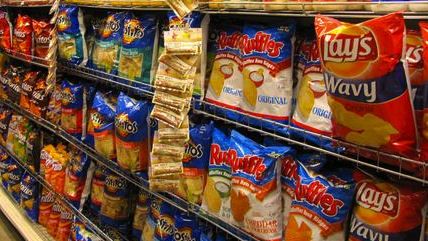FDA Head Admits Calorie Labeling Rules


Food and Drug Administration (FDA) head Margaret Hamburg admitted to the Associated Press last week that implementing ObamaCare's menu labeling provisions has become "extremely thorny".
The thorn is the result of the inclusion of supermarkets in the types of institutions required to abide by the provision as well as unclear standards for success. The FDA is responsible for implementing more menu labeling provisions, this time, as a part of the health law.
The problem is deciding who is and isn't exempt. As the AP reports:
The 2011 proposed rules would require chain restaurants with 20 or more locations, along with bakeries, grocery stores, convenience stores and coffee chains, to clearly post the calorie count for each item on their menus. Additional nutritional information would have to be available upon request. The rules would also apply to vending machines if calorie information isn't already visible on the package.
The proposed rules exempted movie theaters, airplanes, bowling alleys and other businesses whose primary business is not to sell food. Alcohol would also be exempt.
Supermarkets and convenience stores are looking for similar exemptions in the final rules. Representatives for the supermarket industry say it could cost them up to a billion dollars to put the rules in place - costs that would be passed on to consumers.
"It's a huge problem for us," says Erik Lieberman of the Food Marketing Institute, which represents retail grocery chains. He says fighting the menu labeling rules is one of his group's top priorities.
Lieberman says the rules could cover thousands of items in each store, unlike restaurants, which typically have fewer items. The rules could go beyond just the prepared foods case and extend to cut fruit, bakery items like pies and loaves of bread and other store items that aren't already packaged and labeled. Lieberman says that means each store has to send all of those items out to labs to be tested, do paperwork to justify the ingredient and nutritional information for each item to the FDA and then create signage and train employees to use it.
Convenience stores say they will have similar problems.
Hamburg told the AP that in some types of establishments, requiring calorie counts "really would be very hard."
It's also hard to find any clear benefits of the rules. Two years ago, the Federal Register noted that "FDA has not estimated the actual benefits associated with proposed requirements. Food choice and consumption decisions are complex, and FDA is unaware of any comprehensive data allowing accurate predictions of the effect of the proposed requirements on consumer choice and establishment menus."


Show Comments (0)